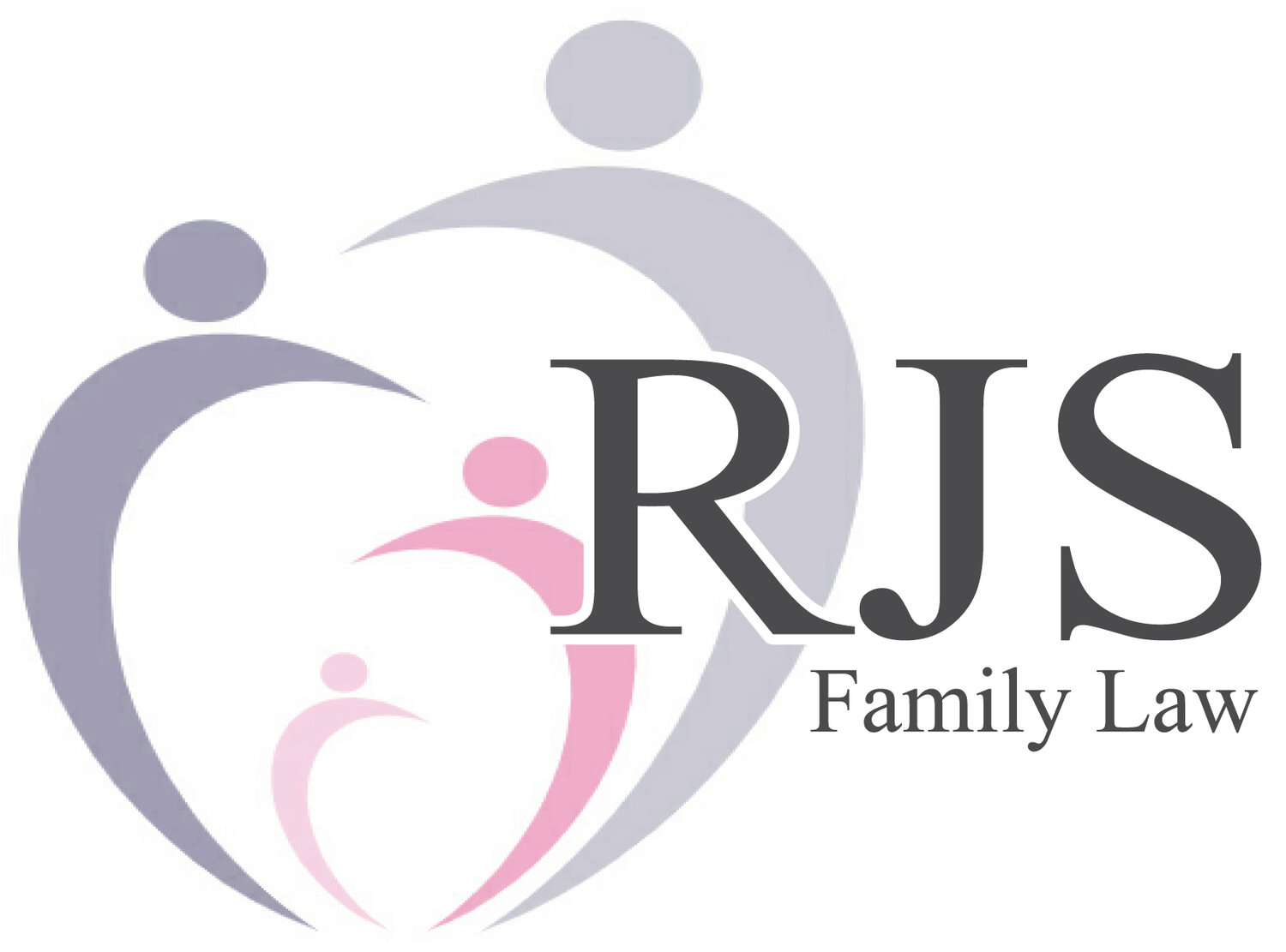How Assets are Divided in Divorce
In the UK, the starting point for dividing the assets in divorce is 50/50. However, the eventual financial settlement will differ with every case since it very much depends on the individual circumstances of each party.
Matrimonial assets, is property that has been built up during the marriage (other than by inheritance or gift). Usually, the greatest assets are the matrimonial home and pensions.
Splitting the assets can be both difficult and contentious since a situation arises where the matrimonial assets, which funded one household, now has to fund two households!
For UK marriages and Civil Partnerships, the UK Courts take the following into consideration when dividing assets:
The housing needs of any dependent children.
The income, earning capacity of each of the parties.
The financial needs and responsibilities for each of the parties for the foreseeable future.
The standard of living enjoyed by the family before the breakdown of the marriage.
The age of each party and the duration of the marriage.
Any physical or mental disability of either of the parties to the marriage.
The contributions which each of the parties has made or is likely to make in the foreseeable future towards the welfare of the family and the home.
The conduct of each of the parties; particularly where the conduct simply can’t be ignored.
Whilst each party is not expected to rely upon their ex, there might be a situation where one of the parties is unable to work. For example, health issues or the need to look after young children. This will naturally have an impact on how assets are divided – particularly the marital home.
The Marital Home
In the case of young children, the court will most likely preserve the property for the children and caring parent; particularly where the caring parent is not capable of earning. The only things that will affect this arrangement would be where the caring parent re-marries, or the youngest child finishes full time education. Only then can the home be sold and the proceeds divided.
In some circumstances, the Court can order that jointly owned property be transferred to the ownership of one or the other. It might also be the case that one party buys the other out, even if the money is not due to be paid for several years. It’s also worth noting that if the former matrimonial home is owned in the sole name of either party, this will not prevent the court from providing for minors and the caring parent or altering the ownership status.
If the jointly owned property is to be retained by one party and there is a mortgage secured on that property, it is possible that the lender might refuse to release the outgoing party from the mortgage. The court cannot force a lender to release anyone from a mortgage and so possibly both parties could continue to be named on the mortgage. In such cases, the party who is to remain in the property may indemnify the other against all liabilities, but that will not necessarily prevent the outgoing party from having their credit rating affected should the mortgage payments not be kept up to date!
Inheritance and Divorce
Inheritance, may be considered separately to the matrimonial assets. If the matrimonial assets, that have been built up in the course of the marriage, are sufficient to meet both party’s needs then it might be that the one who has received the inheritance will get to keep it. However, if needs can’t be met then some or indeed all of the inheritance may have to be taken into account.
Pensions and Divorce
In a UK divorce (England, Wales and Northern Ireland), pensions are considered a part of the matrimonial assets, regardless of when they were built up, therefore, each spouse walks away with a share.
A pension sharing order means that any pension fund is split into two and it depends on the values of the pensions. It is also possible to offset the pension values against other assets.
UK Spousal Maintenance
One party to the marriage may be entitled to spousal maintenance - payable for a set period of time. However, once again, this will depend on the individual circumstances and is relatively rare. There is no specific method of deciding the level the spousal maintenance - unlike child maintenance which has a defined formula.
Divorce Financial Order
It is important that once a financial agreement is reached, between both parties, that a ‘Financial Order’ is drafted. This enforces the agreement and gives both parties a degree of certainty. It prevents ex’s making any further claims in the future.
To ensure that you get the best possible settlement and Financial Order, get in touch with RJS Family Law.
